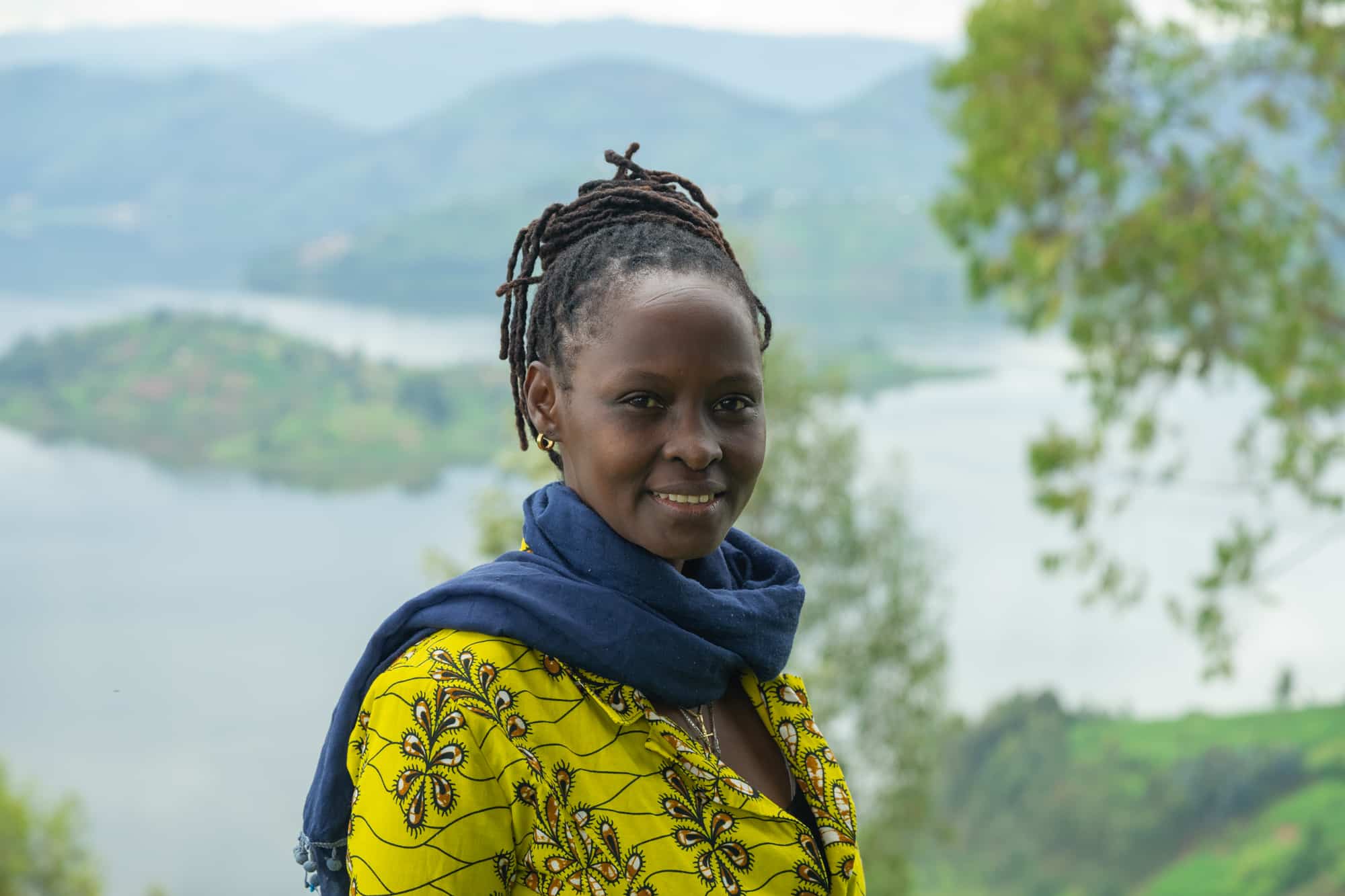08 Mar. 2024
Philosopher dedicated to the fight against malaria

Recent News

“Merci de nous avoir contacté, nous revenons au plus vite vers vous.”
L’équipe artemisia